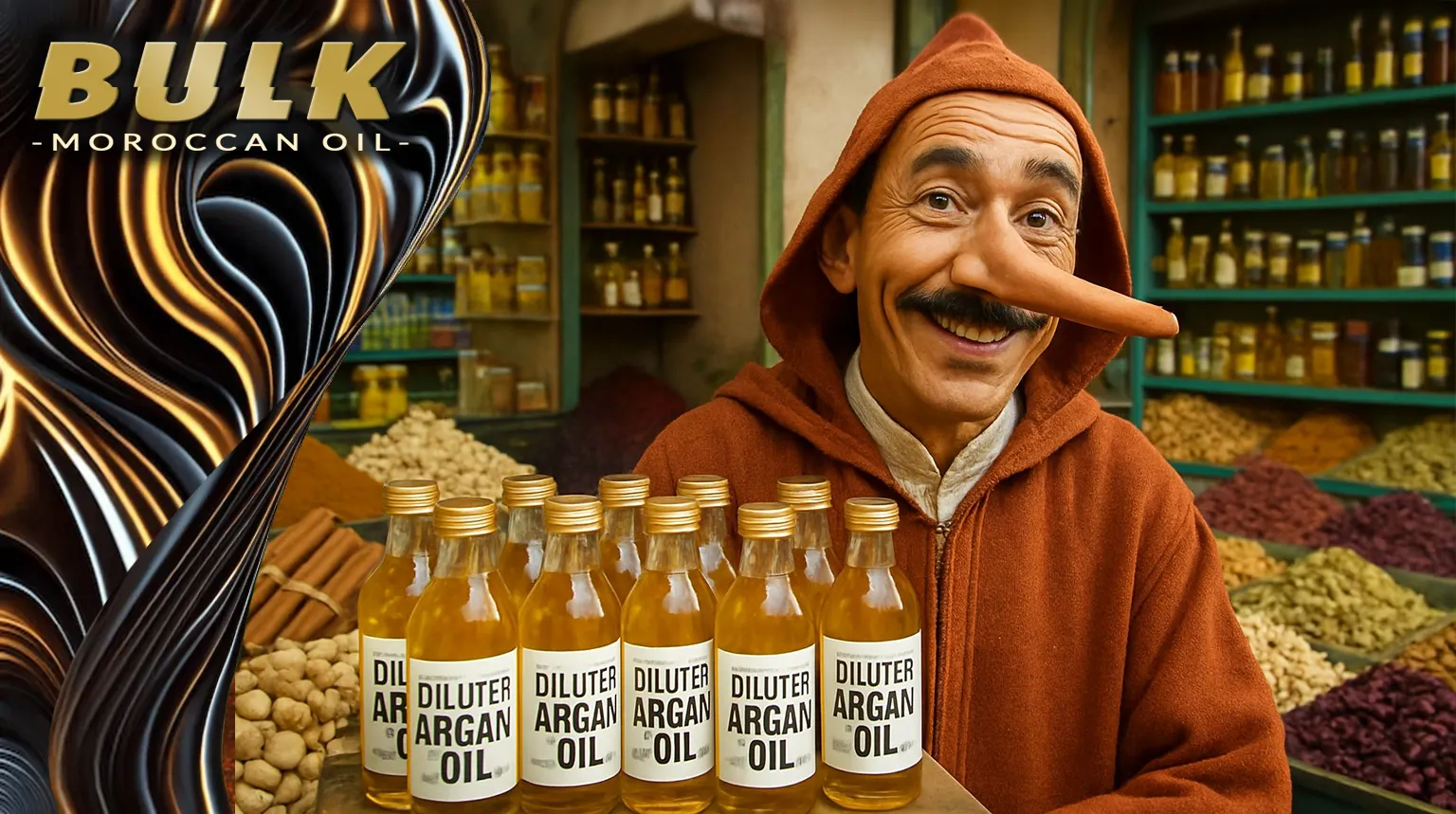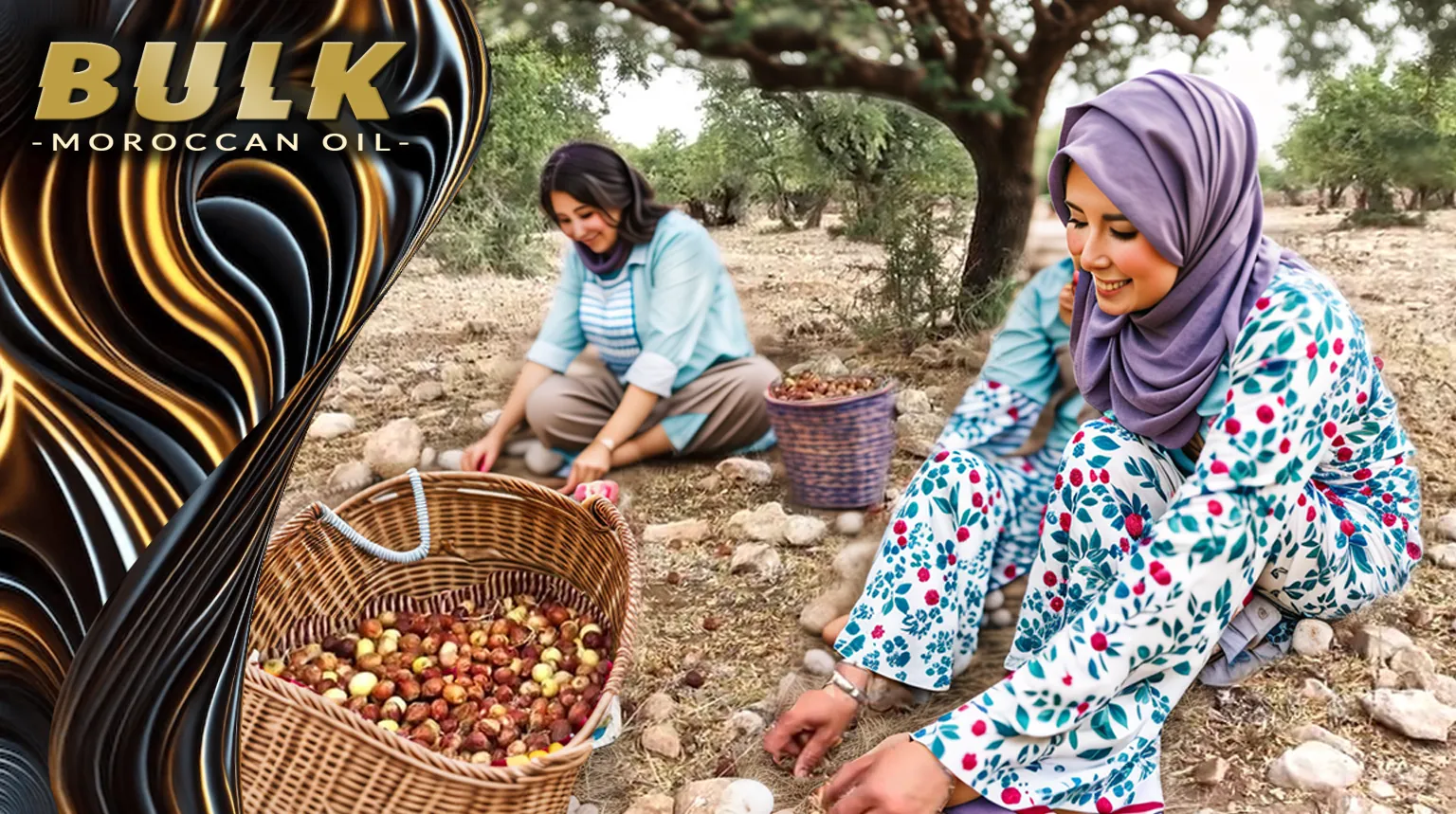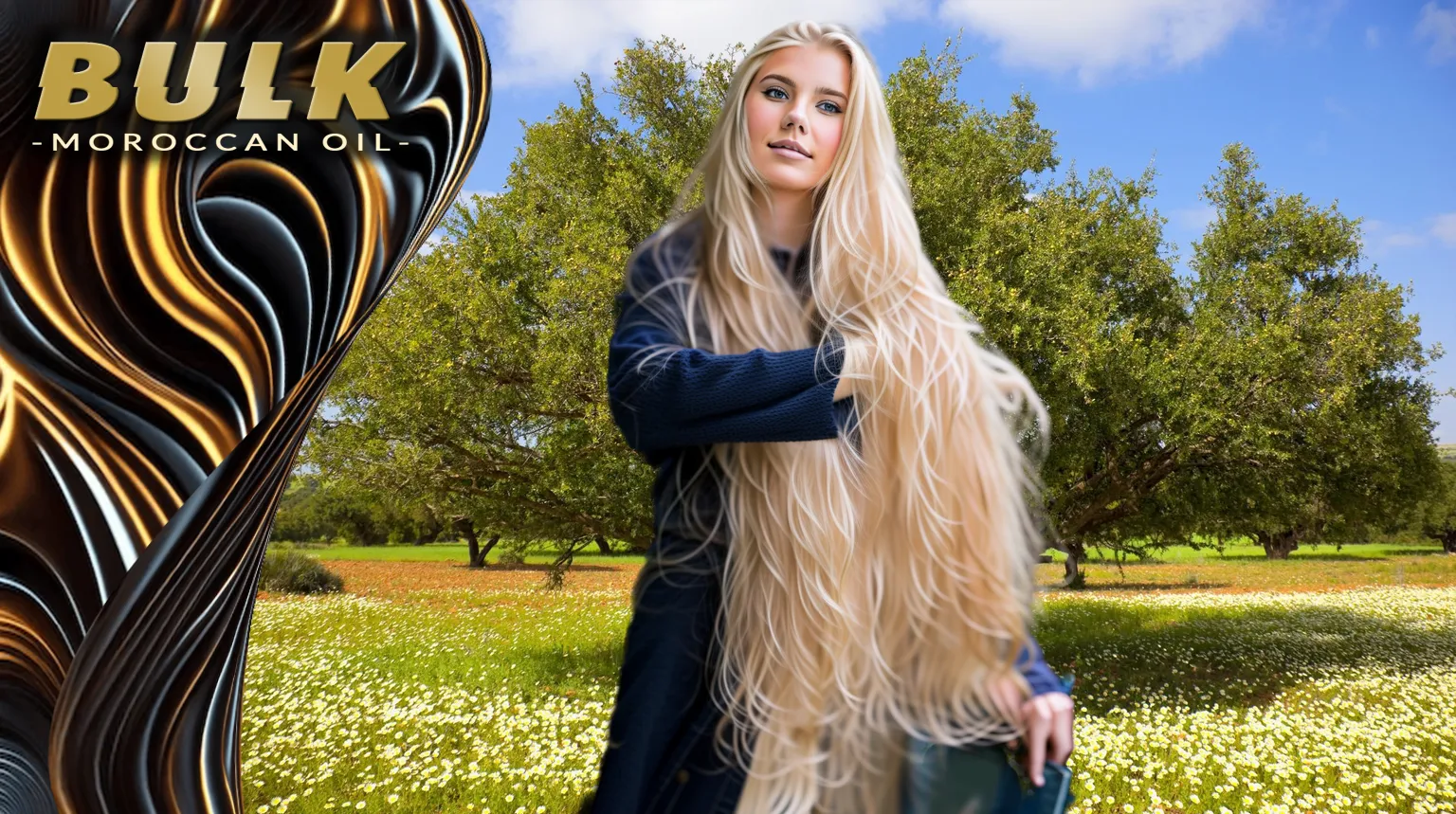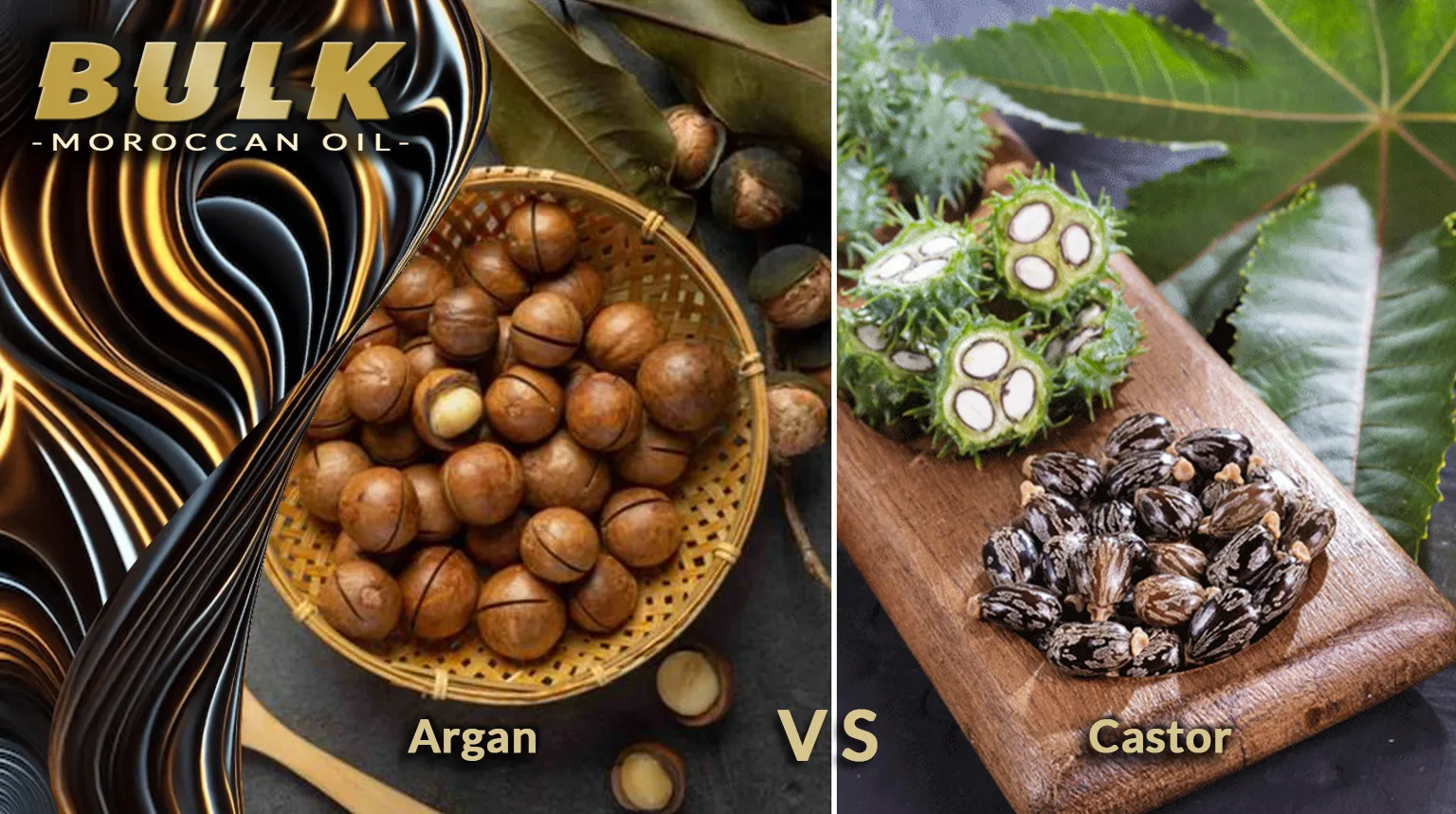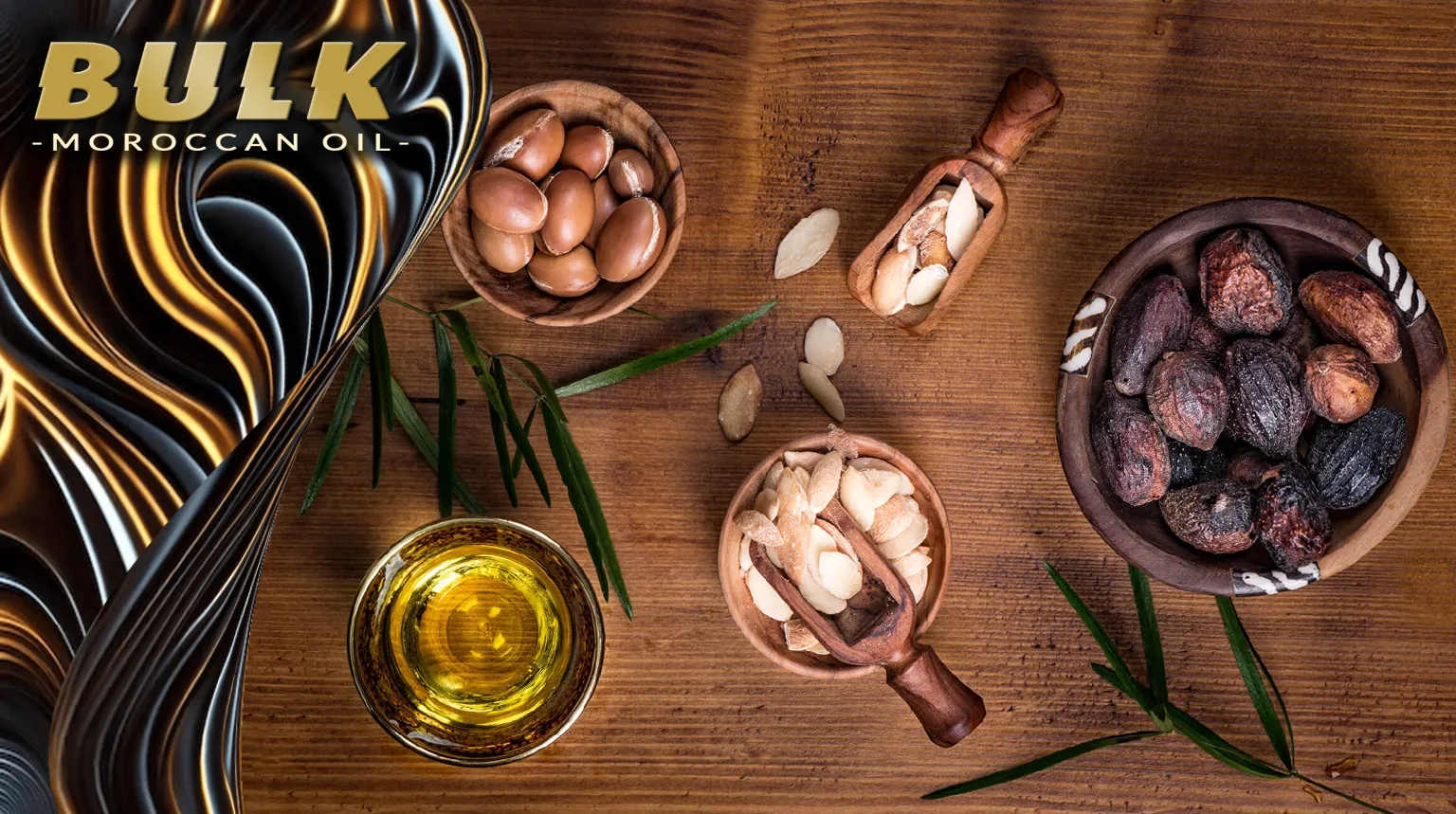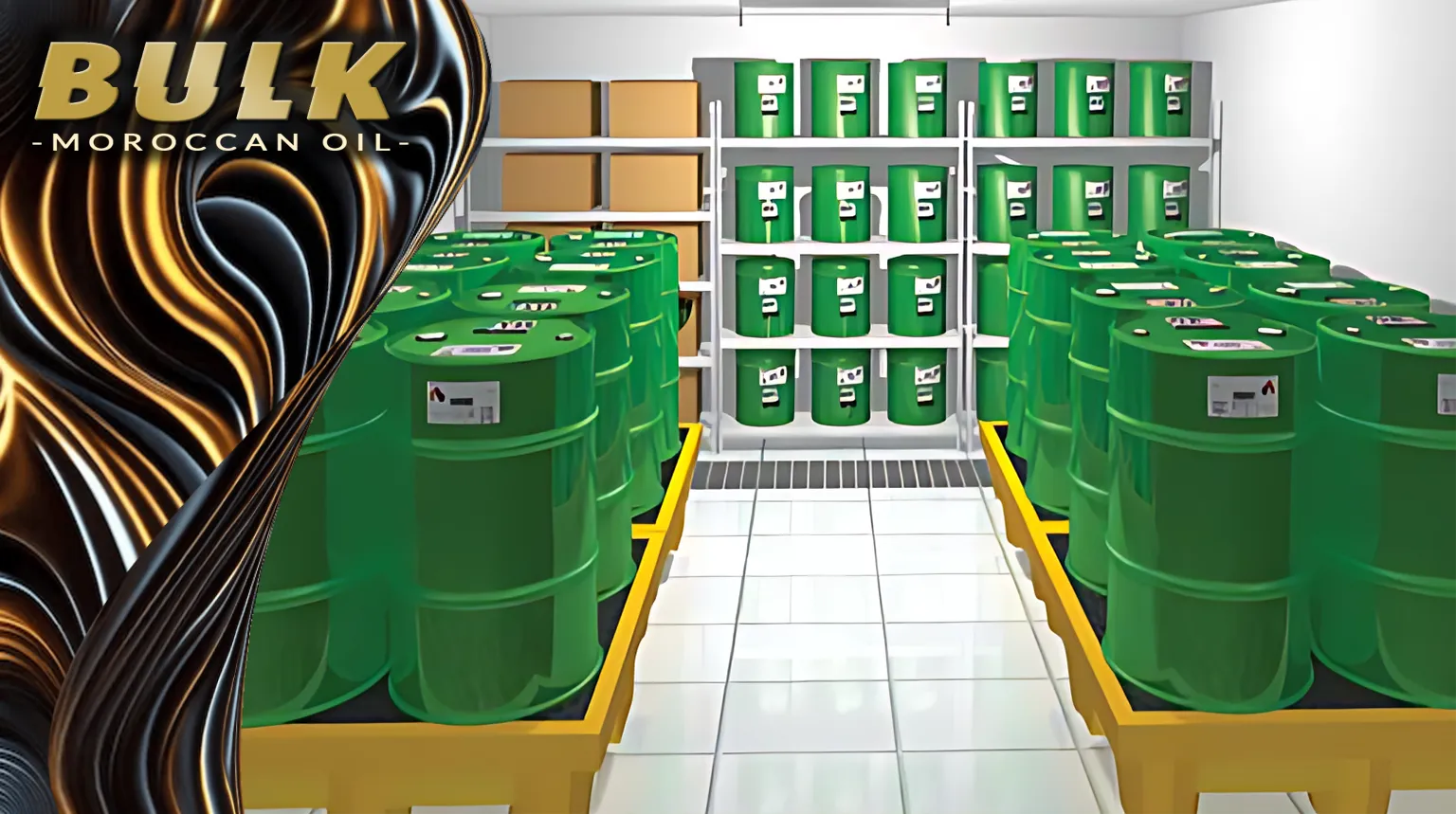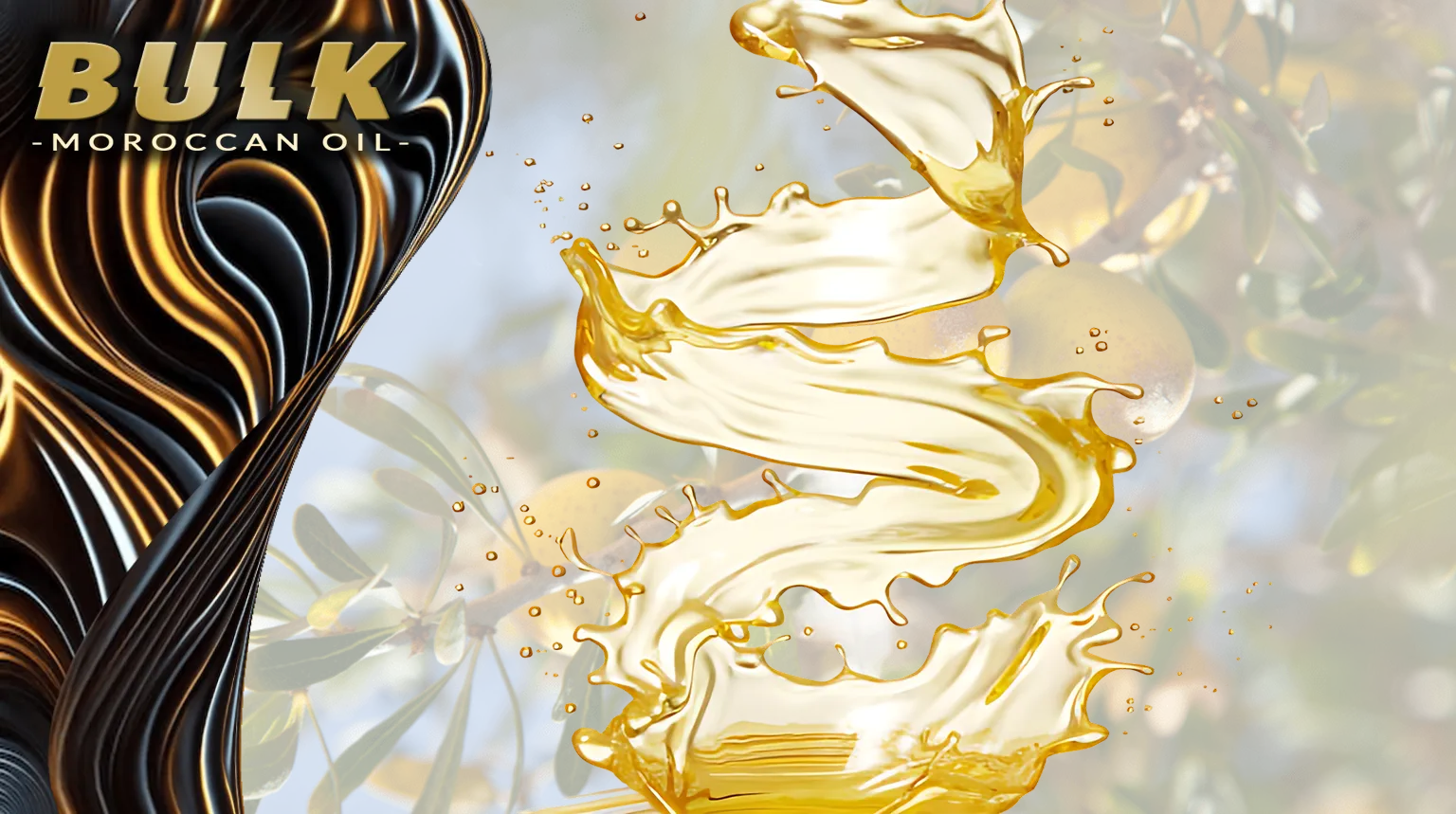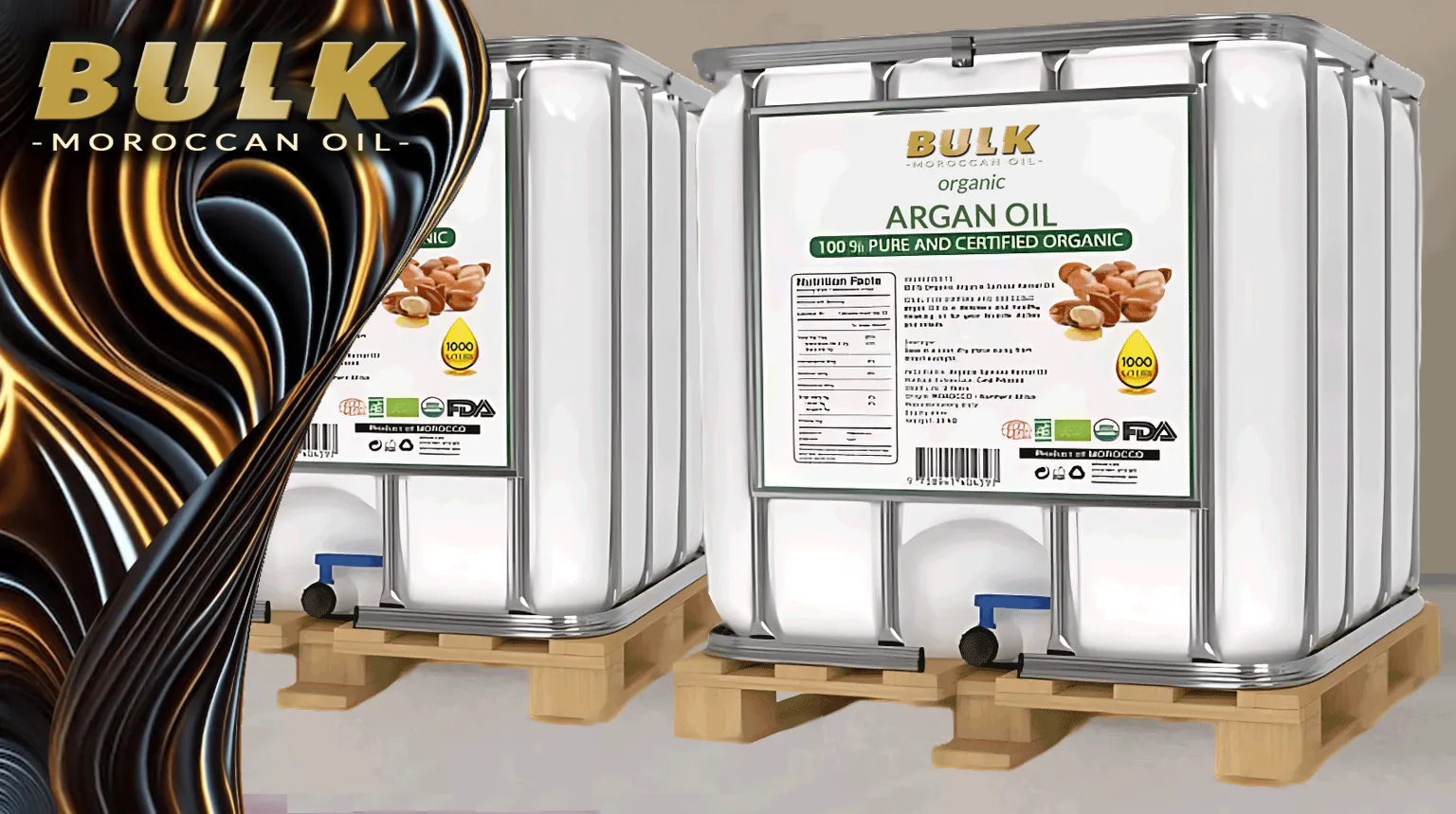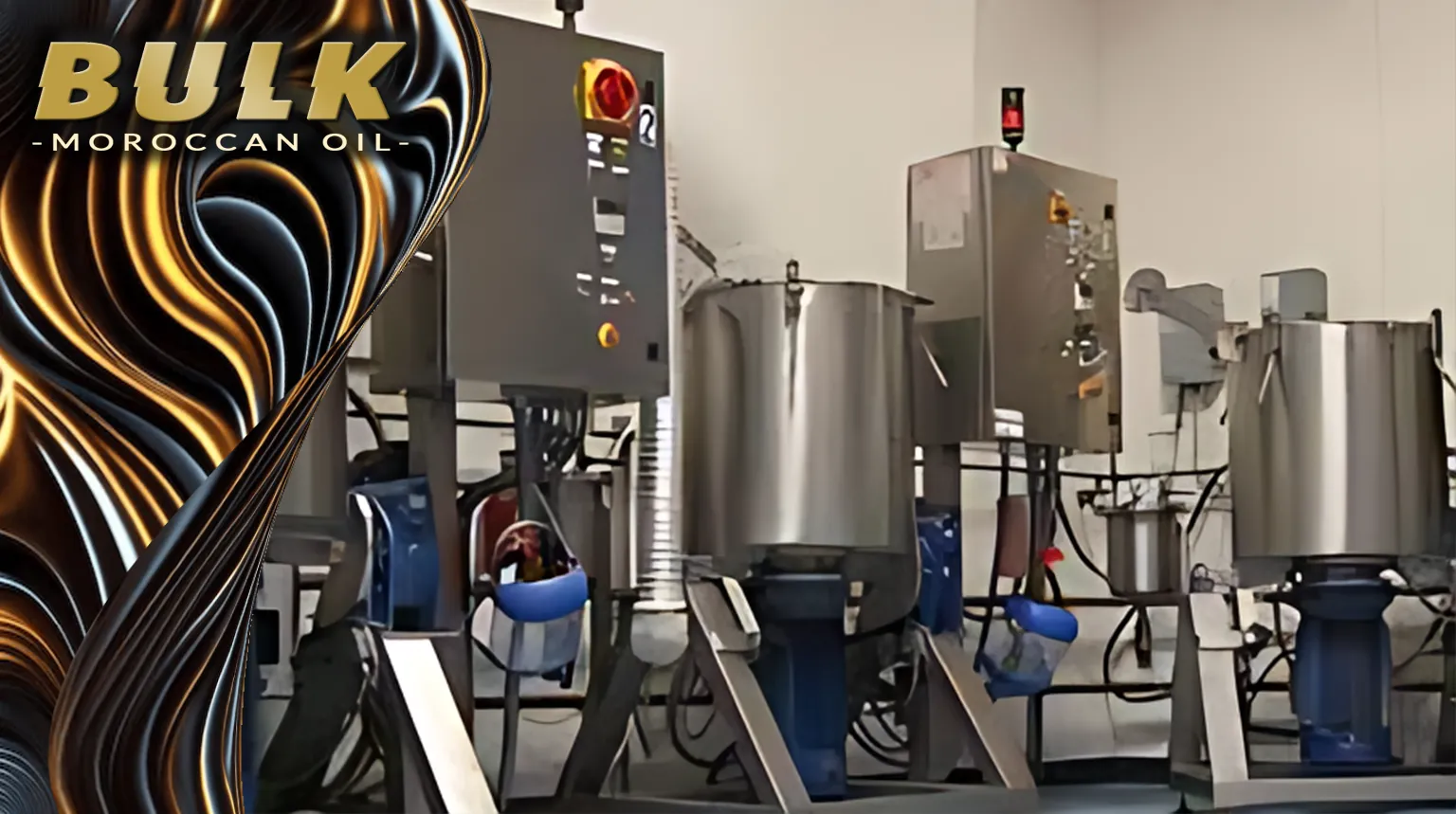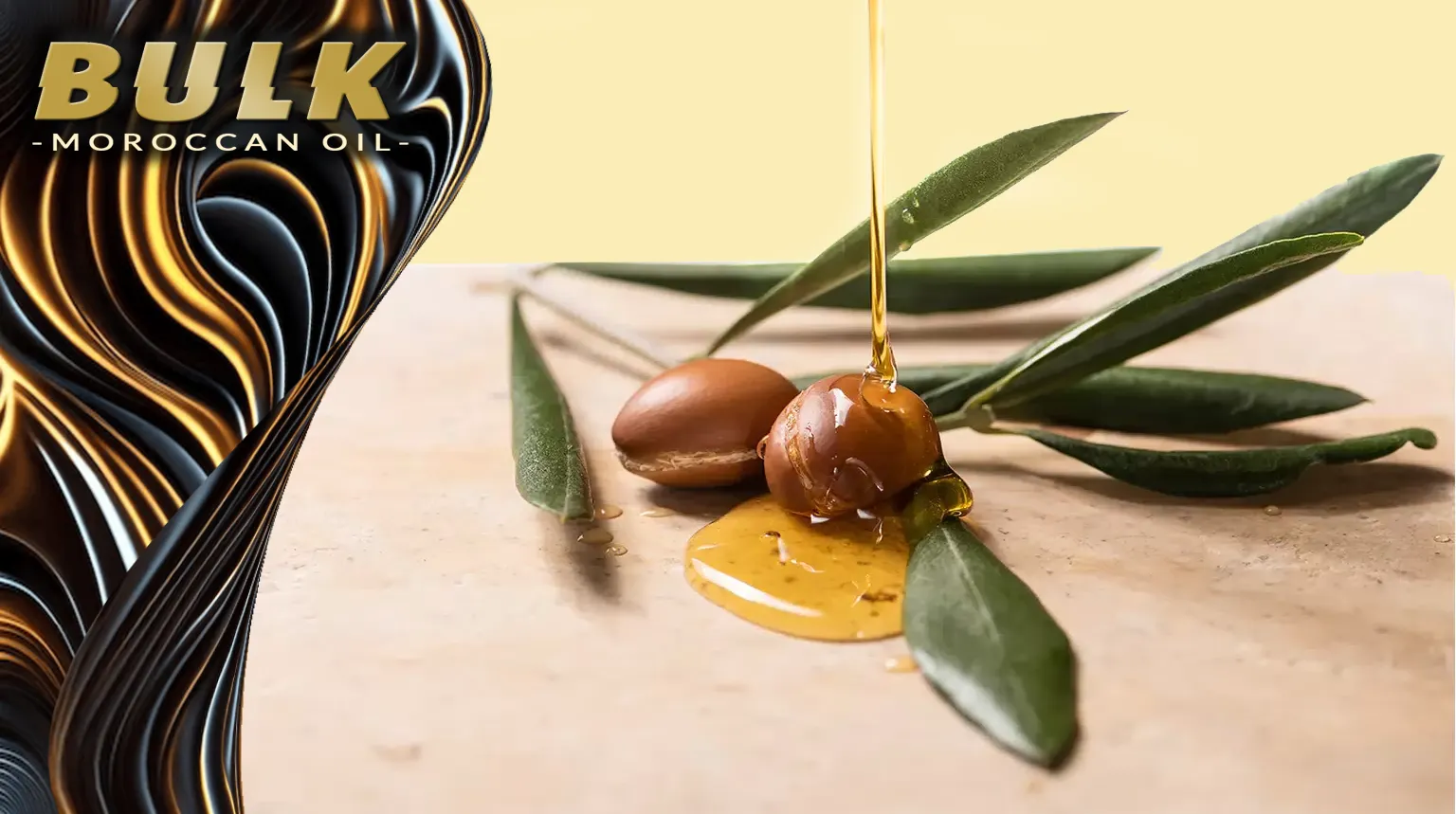Culinary Argan Oil vs. Cosmetic Argan Oil: Understanding the Differences and Benefits
Have you ever wondered about the difference between culinary and cosmetic Argan oil? While both cosmetic and culinary Argan oil are derived from the Argan tree and offer numerous benefits, they serve distinct purposes and have unique characteristics. In this article, we will delve into the world of Argan oil, exploring its culinary and cosmetic applications, processing methods, flavor profiles, and ingredients. Whether you're a food enthusiast looking to elevate your dishes or a skincare aficionado searching for a natural beauty remedy, understanding the differences between these two types of Argan oil is crucial. So, let's dive in and unravel the wonders of culinary and cosmetic Argan oil!
This blog is brought to you by BULK Moroccan Oil; Argan Oil Wholesale, your supplier for bulk Argan oil products.
Content
- What is Argan Oil?
- Culinary Argan Oil
- Cosmetic Argan Oil
- The Processing Methods
- Flavor and Scent
- Ingredients
- Using the Right Type of Argan Oil
- Benefits of Culinary Argan Oil
- Benefits of Cosmetic Argan Oil
- Tips and Tricks for Using Argan Oil
- Summary of Key Points
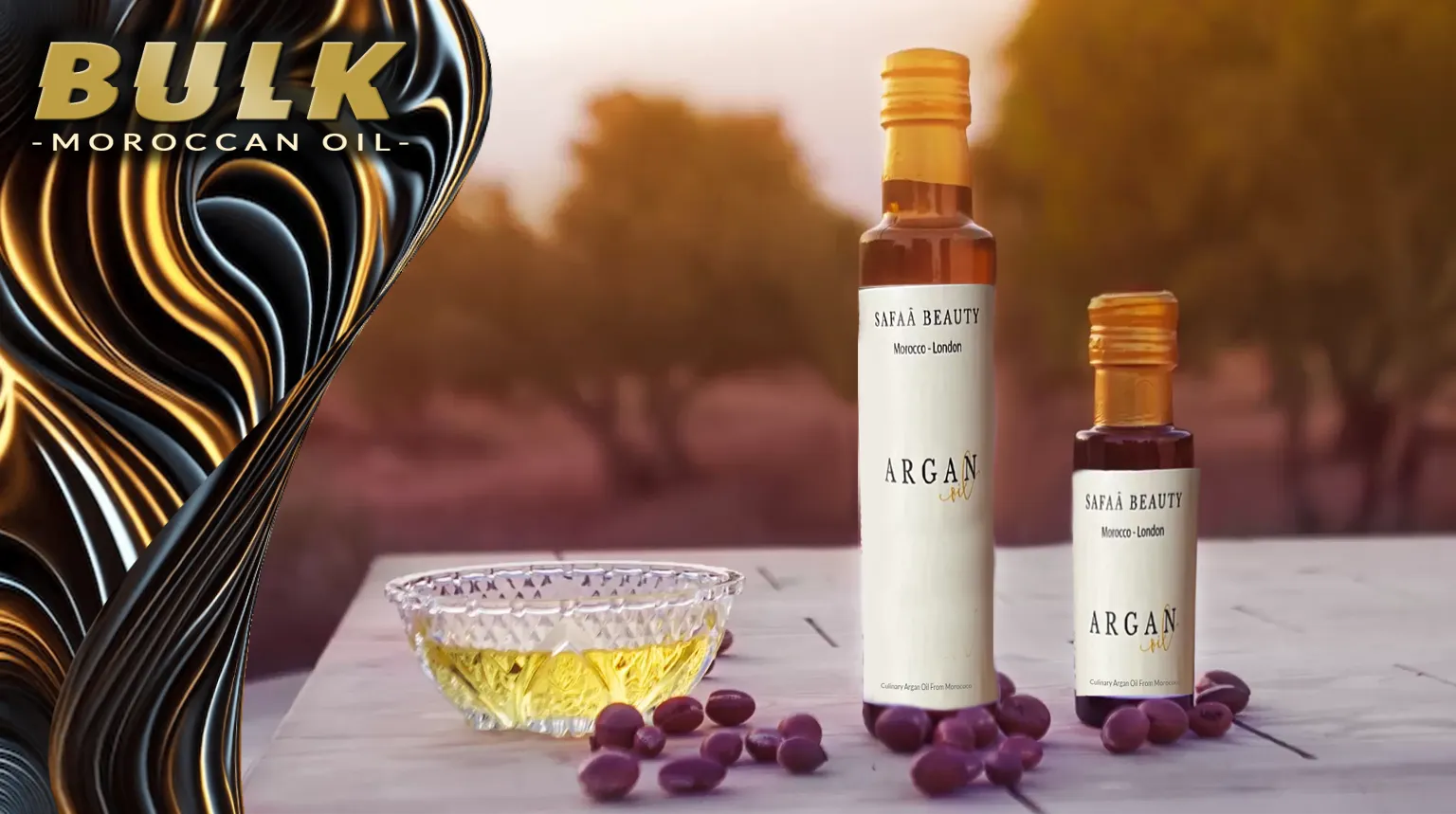
1. What is Argan Oil?
Argan oil is a prized natural oil that comes from the kernels of the Argan tree, scientifically known as Argania spinosa. This tree is native to the southwestern region of Morocco, where it has grown for centuries. The oil obtained from the Argan tree has gained immense popularity for its numerous health benefits and versatile uses. Moroccan Argan Oil is cold-pressed from Argan kernels. Let's dive in the difference between the two types.
2. Culinary Argan Oil
The difference between cosmetic and Culinary Argan Oil seems obvious. How does the manifest as both are made from the same Argan Fruits? Culinary Argan oil is produced specifically for consumption and enhances the flavor of various dishes. It undergoes a unique production process that distinguishes it from cosmetic Argan oil. Culinary Argan oil has a rich, nutty flavor, making it a delightful addition to salads, dressings, and a range of other culinary creations. It is beloved for its distinctive taste, adding depth and complexity to dishes.
3. Cosmetic Argan Oil
On the other hand, cosmetic Argan oil is primarily used for skincare and haircare purposes. It is renowned for its moisturizing and nourishing properties, making it a popular ingredient in the beauty industry. Cosmetic Argan oil is not meant for ingestion and should be used externally only. It's often called a miracle oil and liquid gold and is a popular ingredient in cosmetics or used purely to moisturize the skin.
4. The Processing Methods
The difference in purpose between culinary and cosmetic Argan oil is strongly reflected in the processing methods.
Culinary Argan Oil
The Argan tree nuts are first roasted to obtain culinary Argan oil before they are pressed. Roasting adds a distinct nutty flavor to the oil, making it a delight for culinary enthusiasts. Then, the roasted kernels undergo a cold-pressing process to extract the oil. This production method ensures that the oil's natural properties are preserved, making it suitable for cooking and adding a unique touch to your dishes.
Cosmetic Argan Oil
In contrast, cosmetic Argan oil is produced using a cold-pressing method without roasting the nuts. This process helps retain the oil's natural properties and prevents its scent and composition alterations. Cosmetic Argan oil is carefully processed to ensure its suitability for skincare and haircare applications, making it an excellent addition to your beauty routine.
5. Flavor and Scent
The flavor and scent of culinary and cosmetic Argan oil vary significantly due to the differences in their processing methods.
Culinary Argan Oil
Thanks to the roasting process, Culinary Argan oil boasts a strong, nutty flavor and aroma. This oil adds a rich, earthy taste to dishes and is particularly loved for its unique flavor. Just a few drops of culinary Argan oil can elevate your salad dressings, sauces, or even roasted vegetables, giving them a delightful nutty note.
Cosmetic Argan Oil
Conversely, cosmetic Argan oil has a milder and more neutral scent and taste. It is often described as having a subtle, slightly nutty or grassy aroma. This makes it suitable for skincare and haircare products, allowing the oil to enhance the natural properties of other ingredients without overpowering their scents.
6. Ingredients
When purchasing Argan oil, it is essential to pay attention to the ingredients listed on the label.
Culinary Argan Oil
Culinary Argan oil typically contains only 100% pure Argan oil without additives or preservatives. This ensures you get the full benefits of the oil in its purest form when using it in your culinary endeavors.
Cosmetic Argan Oil
Cosmetic Argan oil may contain additional ingredients or be blended with other oils to cater to specific skincare or haircare needs. While added ingredients can be beneficial for specific purposes, it is crucial to check the ingredient list and choose products that align with your preferences and desired results.
7. Using the Right Type of Argan Oil
To make the most out of Argan oil, it is crucial to use the appropriate type for its intended purpose. Culinary Argan oil should never be ingested for skincare or haircare, while cosmetic Argan oil should not be used for cooking or consumption. Both types of Argan oil have unique properties and characteristics that make them suitable for their respective applications.
8. Benefits of Culinary Argan Oil
Culinary Argan oil offers a range of health benefits when used appropriately in cooking. Here are a few notable advantages:
- Rich in Essential Fatty Acids: Culinary Argan oil is an excellent source of essential fatty acids, including Omega-6, Omega-9, and linoleic acid. These fatty acids benefit heart health and may help reduce cholesterol levels.
- Antioxidant Properties: Argan oil, particularly the culinary variant, contains antioxidant compounds such as Vitamin E, which can help protect the body against free radicals and promote overall well-being.
- Nutrient-Rich: Culinary Argan oil contains various nutrients, including carotenoids and polyphenols, contributing to its nutritional value.
9. Benefits of Cosmetic Argan Oil
Cosmetic Argan oil is a true beauty elixir, offering several benefits for both skin and hair. Some of its advantages include:
- Skin Nourishment: Cosmetic Argan oil is deeply moisturizing and can help hydrate and nourish the skin, leaving it soft and supple. It is particularly beneficial for individuals with dry skin.
- Hair Care: The rich composition of cosmetic Argan oil, including its essential fatty acids, makes it an excellent choice for promoting healthy hair. It can help improve hair texture, reduce frizz, and add shine.
- Anti-Aging Properties: The high Vitamin E content in cosmetic Argan oil contributes to its anti-aging properties. Regular use of this oil can help reduce the appearance of fine lines and wrinkles, providing a youthful glow.
10. Tips and Tricks for Using Argan Oil
Regardless of whether you're using culinary or cosmetic Argan oil, here are a few tips to make the most of this versatile oil:
- Culinary Argan oil can be drizzled over salads, used in dressings, or added to roasted vegetables for an extra depth of flavor.
- For cosmetic purposes, apply a few drops of Argan oil to your skin as a moisturizer or add a few drops to your hair to nourish and enhance its shine.
- Ensure you're using pure Argan oil without any additional additives or preservatives for maximum benefits.
- Store your Argan oil in a cool, dry place away from direct sunlight to maintain its potency and quality.
11. Summary of Key Points
- Culinary Argan oil is specifically produced for cooking and adds a nutty flavor to dishes, while cosmetic Argan oil is used for skincare and haircare purposes.
- Culinary Argan oil is obtained by roasting the nuts before pressing them, while cosmetic Argan oil is cold-pressed without roasting.
- Culinary Argan oil has a strong, nutty flavor and aroma, while cosmetic Argan oil has a milder, more neutral scent and taste.
- Culinary Argan oil typically contains only 100% pure Argan oil, while cosmetic Argan oil may contain additional ingredients.
- Always use the appropriate type of Argan oil for its intended purpose, and check the label to ensure you're purchasing a high-quality product.
In conclusion, culinary and cosmetic Argan oil offer unique benefits and serve different purposes. Culinary Argan oil adds a delightful nutty flavor to your dishes, while cosmetic Argan oil nourishes your skin and hair. By harnessing the power of Argan oil, you can elevate your culinary creations and enhance your beauty routine while enjoying the numerous health benefits this wonder oil offers. So, embrace the magic of Argan oil and discover the wonders it can bring to your life!
Remember
- Culinary Argan oil is for cooking and should not be used on the skin or hair.
- Cosmetic Argan oil is for skincare and haircare purposes and should not be ingested.
- Always choose high-quality, pure Argan oil without additives or preservatives.
- Store your Argan oil in a cool, dry place away from direct sunlight to maintain its potency.
Whether you're indulging in a mouthwatering culinary creation or pampering your skin and hair, Argan oil is a natural treasure that can enhance your life in multiple ways. Embrace the nutty aroma, savor the delicate flavor, and let the magic of Argan oil transform your culinary experiences and beauty rituals.
Hashtags:
#ArganOil #CulinaryArganOil #CosmeticArganOil #Skincare #Haircare #BeautyRoutine #NaturalOil #Moroccan #CookingWithArganOil #Foodie #HealthBenefits #Moisturizing #Nourishing #EssentialFattyAcids #Organic #RoastedKernels #PureArganOil #NuttyFlavor #ColdPressed #Antioxidants #IngredientSpotlight #GlowingSkin #HealthyHair #BeautySecrets #NaturalBeauty #SelfCare

